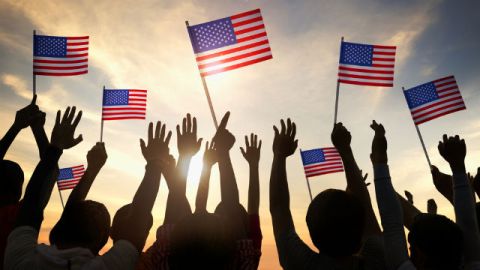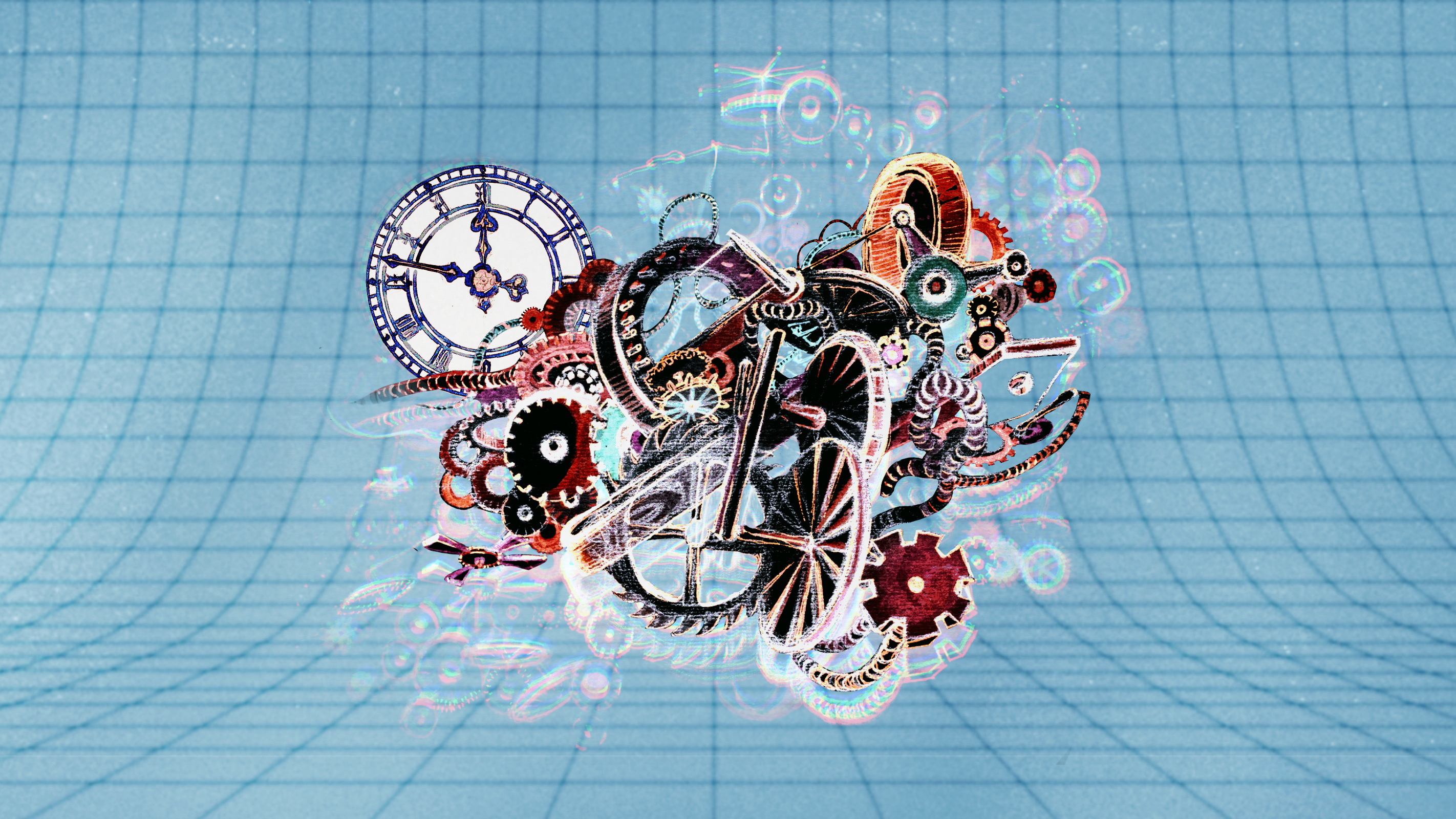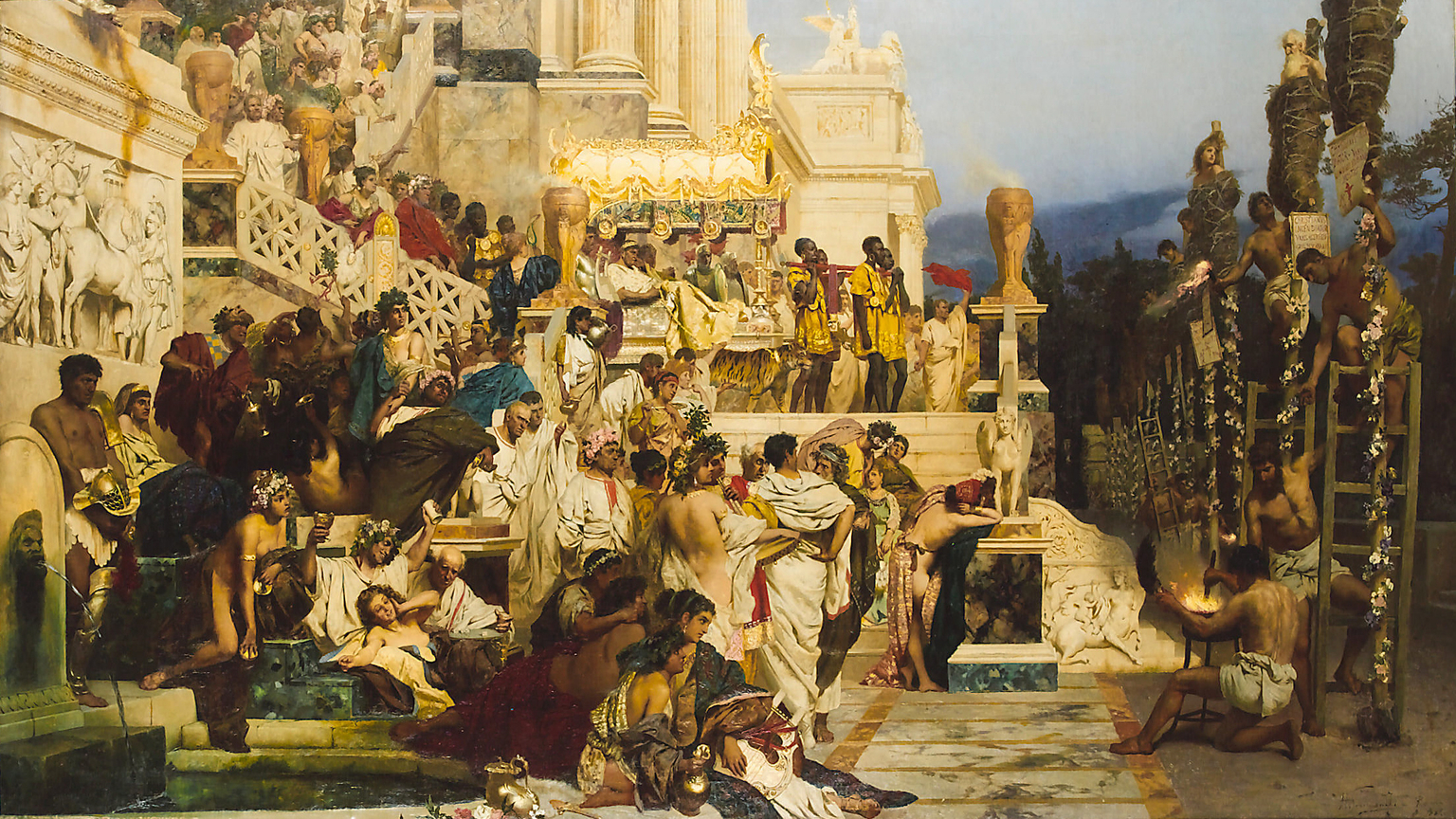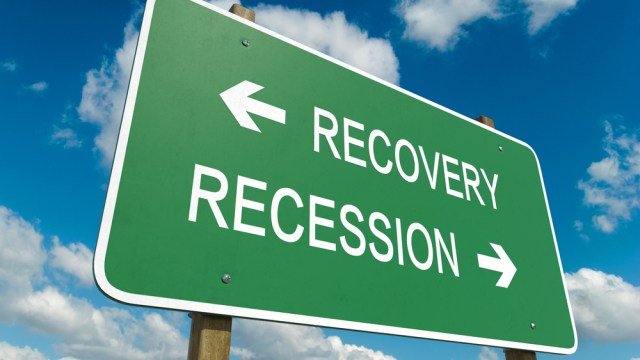Test Your Independence Day IQ: A July 4th Quiz

For many Americans, burgers and fireworks may be enough of a July 4th celebration. But to appreciate the curiosities and meaning of Independence Day, you might want to sit down with some friends and take another look at the Declaration of Independence that announced our separation from England. Before you re-read the Declaration and delve into some of its subtleties, try your hand at this quiz. It begins and ends with near-giveaways, but some questions in the middle might puzzle you. Answers and elaboration follow.
The Questions
1. Who was the primary author of the Declaration of Independence?
a) John Adamsb) Benjamin Franklinc) Thomas Jefferson
2. Identify the famous fictional television-show president whose namesake is one of the 56 delegates who signed the Declaration.
3. Which work of political theory figures so prominently in the text of the Declaration that some consider the Declaration’s author to be a plagiarist?
4. Why did more than a year pass between the outbreak of the War of Independence and the decision to declare independence?
5. How many complaints against the King of England does the Declaration list?
a) 3b) 10c) 27d) 48
6. Which example of British oppression was deleted from the Declaration when Congress edited the initial draft?
7. What does “consanguinity” mean, and why is this an important term in the Declaration?
8. What is the source of a government’s power, according to the Declaration?
9. True or False: The words “We the People” open the Declaration.
10. Which birthday is the United States celebrating today?
Pencils down.
The Answers
1. C. Thomas Jefferson was on a committee of five charged with composing the document and took primary responsibility for writing its “original Rough draught.” The draft was slashed by about 25 percent when fellow committee members John Adams, Benjamin Franklin, Robert Livingston and Roger Sherman — as well as the rest of the Congress — got their hands on it.
2. President Josiah Bartlet of NBC’s “The West Wing” (played by Martin Sheen) owes his name to that of a signatory from New Hampshire. (The original Josiah Bartlett had two “t”s in his last name, however.)
3. Along with Montesquieu’s The Spirit of the Laws, John Locke’s Second Treatise on Civil Governmentinspired the theory of natural law and right to revolution in the Declaration. Jefferson borrowed more than ideas from Locke. Consider this passage from the Declaration:
Prudence, indeed, will dictate that Governments long established should not be changed for light and transient causes; and accordingly all experience hath shown, that mankind are more disposed to suffer, while evils are sufferable, than to right themselves by abolishing the forms to which they are accustomed. But when a long train of abuses and usurpations, pursuing invariably the same Object evinces a design to reduce them under absolute Despotism, it is their right, it is their duty, to throw off such Government, and to provide new Guards for their future security.
…and compare it to this passage from Locke’s “Second Treatise”:
Secondly: I answer, such revolutions happen not upon every little mismanagement in public affairs. Great mistakes in the ruling part, many wrong and inconvenient laws, and all the slips of human frailty will be borne by the people without mutiny or murmur. But if a long train of abuses, prevarications, and artifices, all tending the same way, make the design visible to the people, and they cannot but feel what they lie under, and see whither they are going, it is not to be wondered that they should then rouse themselves, and endeavor to put the rule into such hands which may secure to them the end for which government was at first erected…
Uncanny, no?
4. The colonies were divided on whether it was the right time to declare independence. Virginia, Massachusetts, Rhode Island, New Hampshire, and South Carolina wanted to break away in 1775, but other colonies had hopes for reconciliation with England or worried that an all-out war would encourage the French and Spanish to pursue further inroads in the New World.
5. C: 27 complaints. They include refusing to agree to laws for the public good, dissolving the legislature, making judges dependent on his will, taxing the colonists without their consent and keeping standing armies in their territory.
6. Among the lines nixed from Jefferson’s wordy draft were these, blaming England for continuing the African slave trade against the colonists’ wishes:
[King George] has waged cruel war against human nature itself, violating its most sacred rights of life & liberty in the persons of a distant people who never offended him, captivating & carrying them into slavery in another hemisphere, or to incur miserable death in their transportation thither. This piratical warfare, the opprobrium of infidel powers, is the warfare of the Christian king of Great Britain, determined to keep open a market where MEN should be bought & sold, he has prostituted his negative for suppressing every legislative attempt to prohibit or to restrain this execrable commerce…
7. Consanguinity (lit. “of the same blood”) means kinship and is found in the Declaration’s penultimate paragraph:
Nor have We been wanting in attentions to our British brethren. We have warned them from time to time of attempts by their legislature to extend an unwarrantable jurisdiction over us. We have reminded them of the circumstances of our emigration and settlement here. We have appealed to their native justice and magnanimity, and we have conjured them by the ties of our common kindred to disavow these usurpations, which would inevitably interrupt our connections and correspondence. They too have been deaf to the voice of justice and ofconsanguinity. We must, therefore, acquiesce in the necessity, which denounces our Separation, and hold them, as we hold the rest of mankind, Enemies in War, in Peace Friends.
This paragraph gets my vote for the most poignant of the document: it paints the relationship between England and the colonies in blatantly familial terms, observing that even blood ties are not enough to keep a family together if one sibling deals an injustice to another, or, alternately, if parents mistreat their children.
8. “That to secure these rights, Governments are instituted among Men, deriving their just powers from the consent of the governed.”
9. False. “We the People” is found in the Preamble to the Constitution, written 13 years later. The Declaration opens with this famous line:“When in the Course of human events it becomes necessary for one people to dissolve the political bands which have connected them with another and to assume among the powers of the earth, the separate and equal station to which the Laws of Nature and of Nature’s God entitle them, a decent respect to the opinions of mankind requires that they should declare the causes which impel them to the separation.”
10. The United States is 241 today. Although Ol’ America doesn’t look a day over 222, in our opinion.
Now count up your correct answers. If you got 8-10 correct answers correct, congratulations, you really know your stuff. You are a NOBLE PATRIOT. 5-7 correct answers earns you the moniker of UPSTANDING CITIZEN. 3-4 correct? You are an AMERICAN IN TRAINING . If you got 0-2 correct answers, tsk, tsk. Brush up on your American history and next year you won’t be an IGNORAMUS.
Happy Birthday America! Read and discuss the full text of our founding document here.
Image credit: Shutterstock





